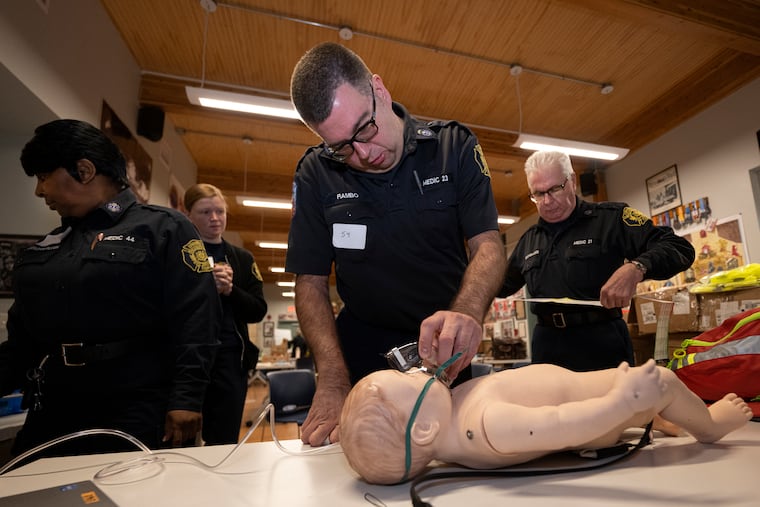Mother shares her experience highlighting the significance of school choice for families and students.
As the Pennsylvania Senate debates new legislation that could significantly impact the educational landscape for thousands of students, there are pressing reflections on the necessity of support mechanisms for families navigating the educational system. The proposed Pennsylvania Award for Student Success (PASS), also referred to as Lifeline Scholarships or Senate Bill 10, aims to provide scholarships specifically targeted at students attending the state’s lowest-performing public schools, facilitating access to improved educational alternatives.
For families grappling with inadequate educational options, initiatives like PASS could be transformative. The financial aid offered could enable families to pursue private education, ensuring their children receive a safe and challenging learning environment tailored to their needs. The initiative is particularly pertinent in light of the challenges many families face while navigating financial constraints exacerbated by escalating costs associated with housing, food, and healthcare.
As a mother of two who opted for private schooling due to concerns regarding the safety and academic rigor of local public schools, the impact of scholarship funding is particularly evident. The search for an ideal educational setting was complicated by the realities of a single-income household, but external support, such as that provided by the Children’s Scholarship Fund Philadelphia, made private education feasible. Programs like PASS could offer the same opportunities to numerous underprivileged families across the state.
The success of educational initiatives is often reflected in smaller class sizes, which foster a more personalized learning experience. In educational environments characterized by overcrowding, students are at risk of falling behind without adequate support. Conversely, smaller classroom settings not only enhance academic performance but also help children feel recognized and valued. Strong communication lines between parents and educators further contribute to a supportive educational atmosphere.
Statistics illustrate the urgency of reform in Pennsylvania’s education system. The 2024 Pennsylvania System of School Assessment reported that only 7% of high school students and 10% of elementary students in the lowest-performing schools achieved proficiency in mathematics. Alarmingly, there are 18 schools statewide where no students demonstrated proficiency in reading or math. Such statistics underscore the imperative for action and the importance of educational choice for families seeking a brighter future for their children.
The advocacy for school choice, bolstered by legislation like PASS, seeks to empower families and provide equitable access to quality education. It reflects the understanding that education is a collective endeavor, dependent on collaboration between schools, families, nonprofits, and lawmakers. The call to action for Pennsylvania’s General Assembly is clear: prioritize the potential of children and invest in initiatives that promote educational equity.
As this pivotal legislation is considered, stakeholders are urged to ensure that children from all backgrounds have the opportunity to succeed in their educational journeys, ensuring that no family is forced to sacrifice financial stability for the sake of education, and that every child can aspire to a bright and fulfilling future.






